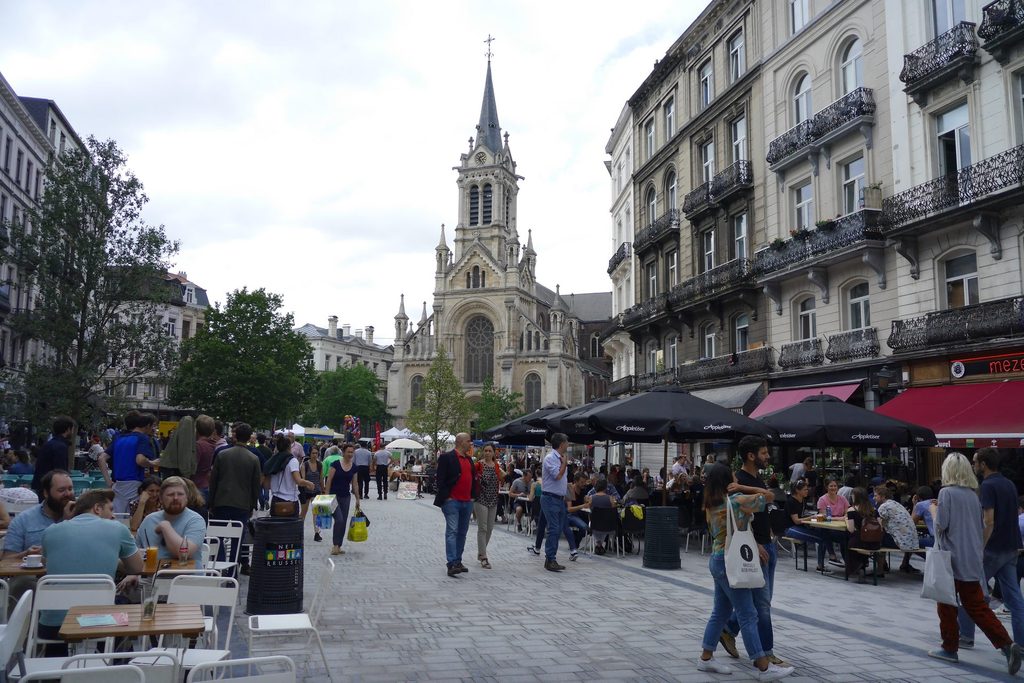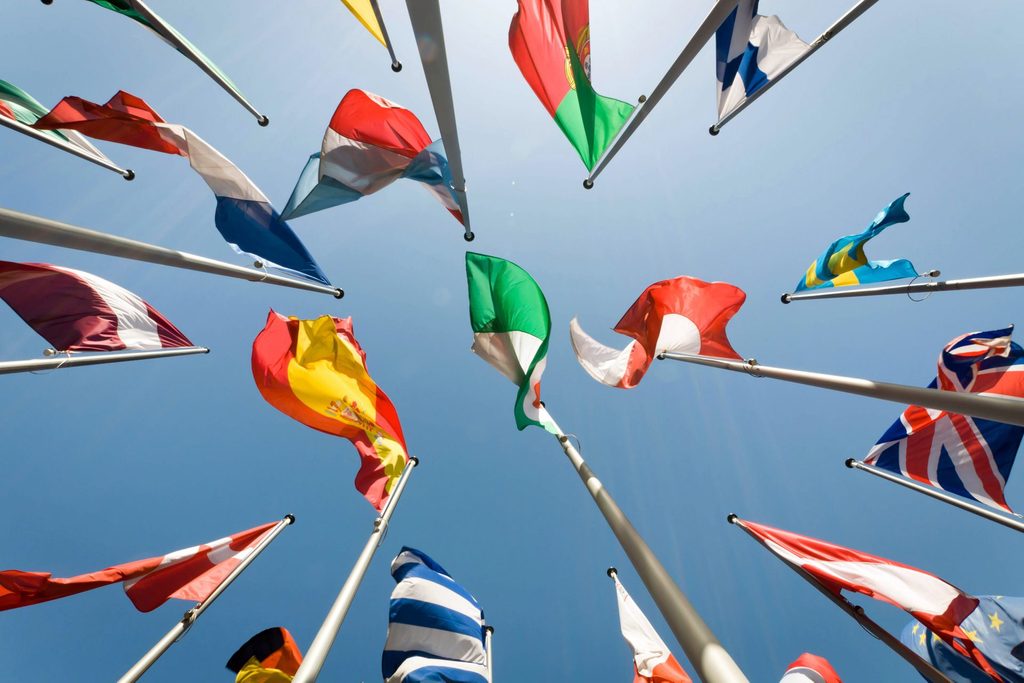Over a third of Brussels residents are non-Belgians, but only a minority of them take part in local elections. Now, Brussels Minister of Local Authorities Bernard Clerfayt wants to persuade them to vote in the municipal elections in October 2024.
Of Brussels' 1.2 million inhabitants, 36.9% are not Belgian. In the previous 2018 local elections, however, only 15% of them participated, Clerfayt told Belga News Agency. Through a project call, he wants to involve non-Belgians in the ballot.
"It is our duty to involve all Brussels residents, including non-Belgians, in the electoral process. This is of democratic importance. Since they actively participate in Brussels society, it is normal that they can also appoint their local elected representatives," Clerfayt said.
Therefore, he is launching a project call to associations with the aim of raising awareness among non-Belgians about their right to vote and encouraging them to actually go out and do so.
Multilingual municipalities
"I am convinced that some of these Brussels residents do not see the importance of voting, are not sufficiently informed about the electoral system or are simply unaware of the fact that they have the right to cast their vote," Clerfayt said.
In July of this year, Brussels MP for the socialist (and recently renamed from one.brussels) Vooruit.brussels party Els Rochette already drew attention to this issue, pointing out that local authorities are missing out on a lot of potential by failing to tap into international participation.

The municipality of Saint-Gilles is home to many international residents. Credit: Belga
"This is too important to neglect. It is not okay for municipalities to ignore the many non-Belgians in Brussels in elections. We are losing potential and involvement," Rochette stressed. "Those who live here and pay taxes have the right to help decide who represents them."
Related News
- Welcoming internationals: Schaerbeek offers its services in English
- 'You are important to this city': Non-Belgians in Brussels urged to vote in local elections
- Welcome to Brussels: How to register at the commune
Currently, it is up to the municipal authorities to decide how much effort they expend in reaching their entire population – leading to large disparities within Brussels.
Saint-Gilles, for example, sends leaflets in different languages with information on how to register, while Saint-Josse-ten-Noode – which has a large Turkish population – distributes information in Turkish. Ixelles, however, makes very little effort to include the 45% of its population that is non-Belgian.
Non-Belgians must register to vote at least three months in advance (meaning by 13 July 2024 at the latest to be in time for the October 2024 elections), but the registration process now is currently different in each municipality – something that Rochette is looking to change.

